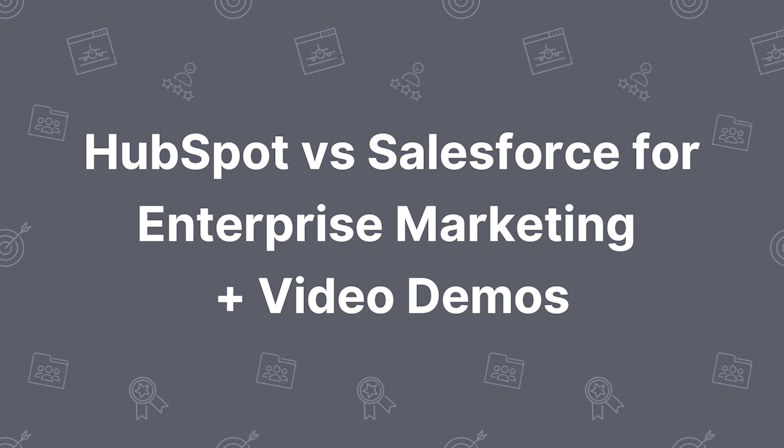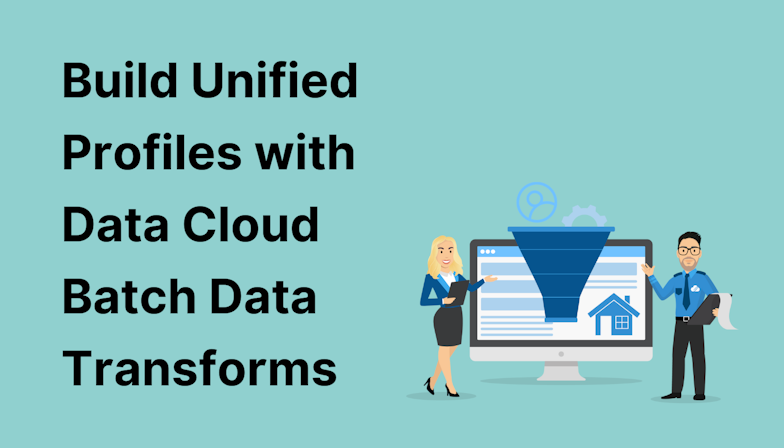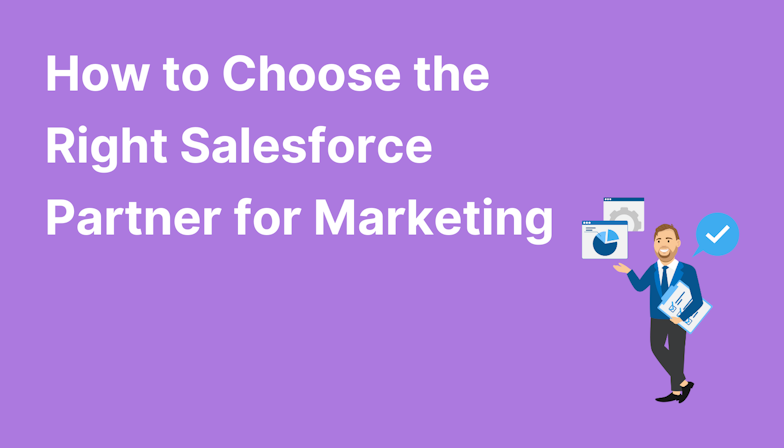Editors note March 2018: This article about Pardot marketing was originally published in Jan 2018 and has been updated for more clarity.
This blog was written before Pardot was renamed to Marketing Cloud Account Engagement. You can read more about the name change and what it means here.
Purchasing a license for Pardot is one of the best decisions you can make as a B2B marketer as it's got all of the tools you'll need to create smart marketing automation campaigns. However, with so much freedom it can be a little bit difficult to find a starting point. I imagine it’s the same feeling for an adult who is asked to play Minecraft, you can see all of the complex and vast creations that other people have made but you have no idea how to build something of equal brilliance or maybe just don't know where to start!
By the end of this article, I’m hoping to have sparked some ideas that will help you get an idea of how to start building out an automated marketing framework in Pardot.
In the beginning…
With something like this we need a clear starting point, so where do we begin?
The best place to start is with an audit of your Pardot marketing account. This will give you a snapshot of the system, shed some light on how things are set up, identify areas for improvement and provides a set of actionable recommendations. It’s best practice to audit Pardot every 3 months so if you haven’t carried on out yet, now is a better time than ever.
Your Pardot audit visualises the system and plays a big part in your next steps as it translates into a plan that will get you heading in the right direction.
A Pardot marketing roadmap is born
It’s easier to get anywhere when you have clear directions.
Post-audit you can start to see the bigger picture as it will become evermore clearer and concise when you put pen to paper. You’ll get to a point where you’re able to map out a sustainable framework that considers how you will market to all customer profiles, handle lead distribution, identify areas to create upsell/retention/referral campaigns and so on. Let’s break it down.
The audit elucidates the customer journey. Depending on how many customer types you have, you’ll want to have this journey mapped out for each. As you can see in the below image, the journey identifies where the Engagement Studios could come in. Remember, every engagement studio should have a purpose and mapping the journey out in this way really helps you to define why you're setting up each program. You might have an initial lead generation Engagement Studio for brand new prospects, but then who goes where based on what? There are plenty of directions for prospects to go, so it’s best to start off vanilla and get crazy granular once you’ve got the basics nailed down.
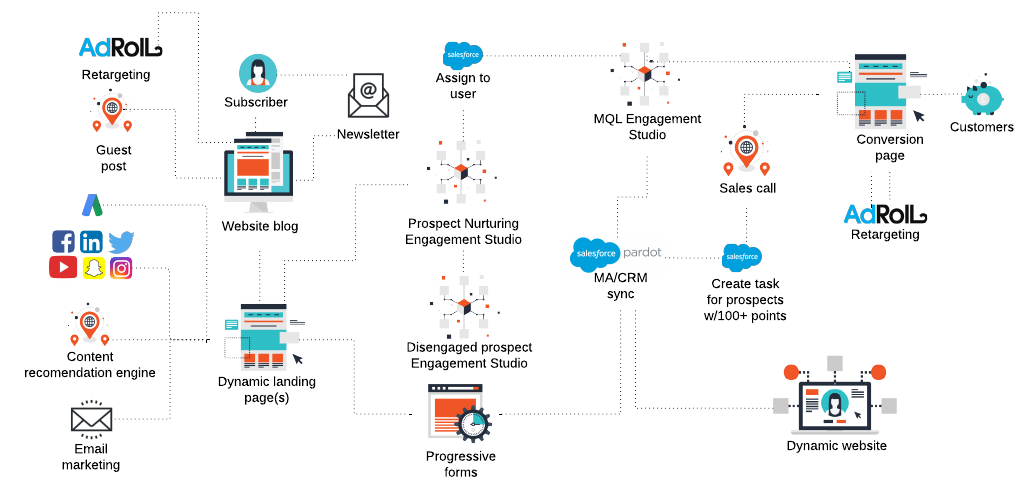
Above: Example Customer Journey Map
As you develop the customer journey, you’ll want to know how you want to manage automated lead distribution because this could work in synergy with the Engagement Studio. This automated lead distribution can pick out prospects who look ready (based on their score and grade), before reaching the end of the program.
Do you distribute leads based on product interest? Region? Salesperson experience? Every business will be slightly different, so having this process mapped is extremely helpful as it makes building it much easier. More about optimising sales processes here.
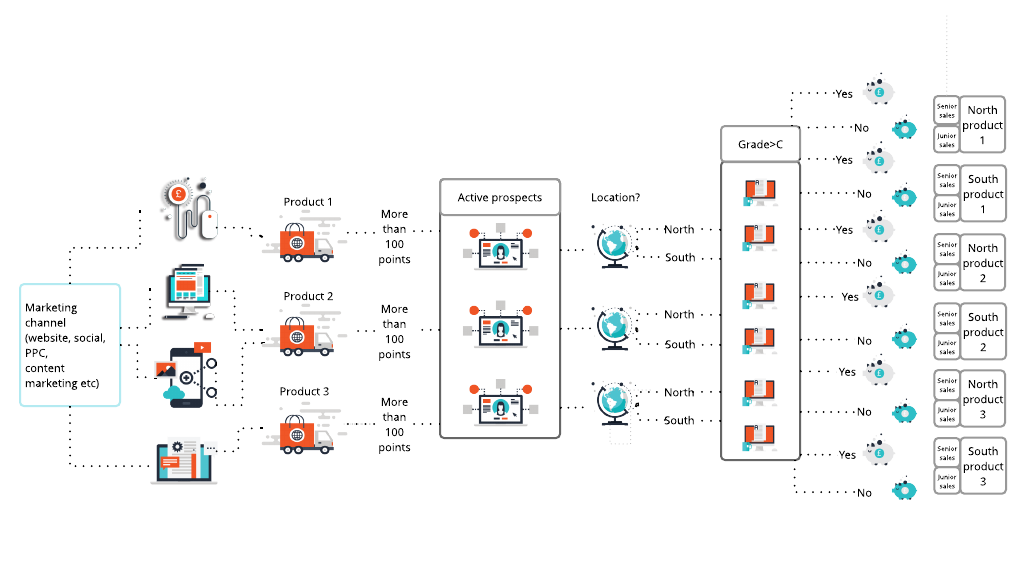
Above: Example Lead Distribution Map
Building the right Engagement Studios
Once you have the customer journeys and lead distribution clear in your mind, you can then focus on building out the Engagement Studio’s as portrayed in the customer journey map. Remember, every Engagement Studio will have a clear purpose. Some examples:
- Prospect to MQL
- MQL to SQL
- SQL to won opportunity
- Disengaged prospects
- Retention program
- Customer onboarding
- Event registration
Click the hyperlinked text for more ideas on the Pardot Engagement Studio.
Notice that all of the above have a clear objective and pushes the prospect through to the next stage of the journey. Once the basic programs are built out, then the next priority is to continually optimise these programs and build new ones where appropriate. Most businesses will begin with the prospect to MQL Engagement Studio first because that's where the quickest wins will be.
If you've found this blog about Pardot marketing useful, please feel free to share on whatever platform you like most and if you've got any questions or need our support, drop us a message via our contact form referencing ‘Engagement Studio Blog'.

Tom Ryan
Founder & CEO of MarCloud, Tom has been on both sides of the fence, client-side and agency, working with Salesforce platforms for the best part of a decade. He's a Salesforce Marketing Champion and certified consultant who loves to co-host webinars and pen original guides and articles. A regular contributor to online business and marketing publications, he's passionate about marketing automation and, along with the team, is rapidly making MarCloud the go-to place for Marketing Cloud and Salesforce expertise. He unapologetically uses the terms Pardot, Account Engagement and MCAE interchangeably.
More by Tom RyanFeatured resource
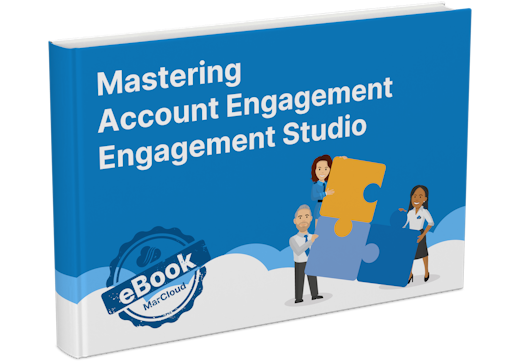
Mastering Pardot Engagement Studio
Want to become a master user of Engagement Studio? We’ve saved you the blood, sweat and tears of learning how to make the most of Engagement Studio so you can jump right in and start building logical, effective engagement programs faster.
Download now